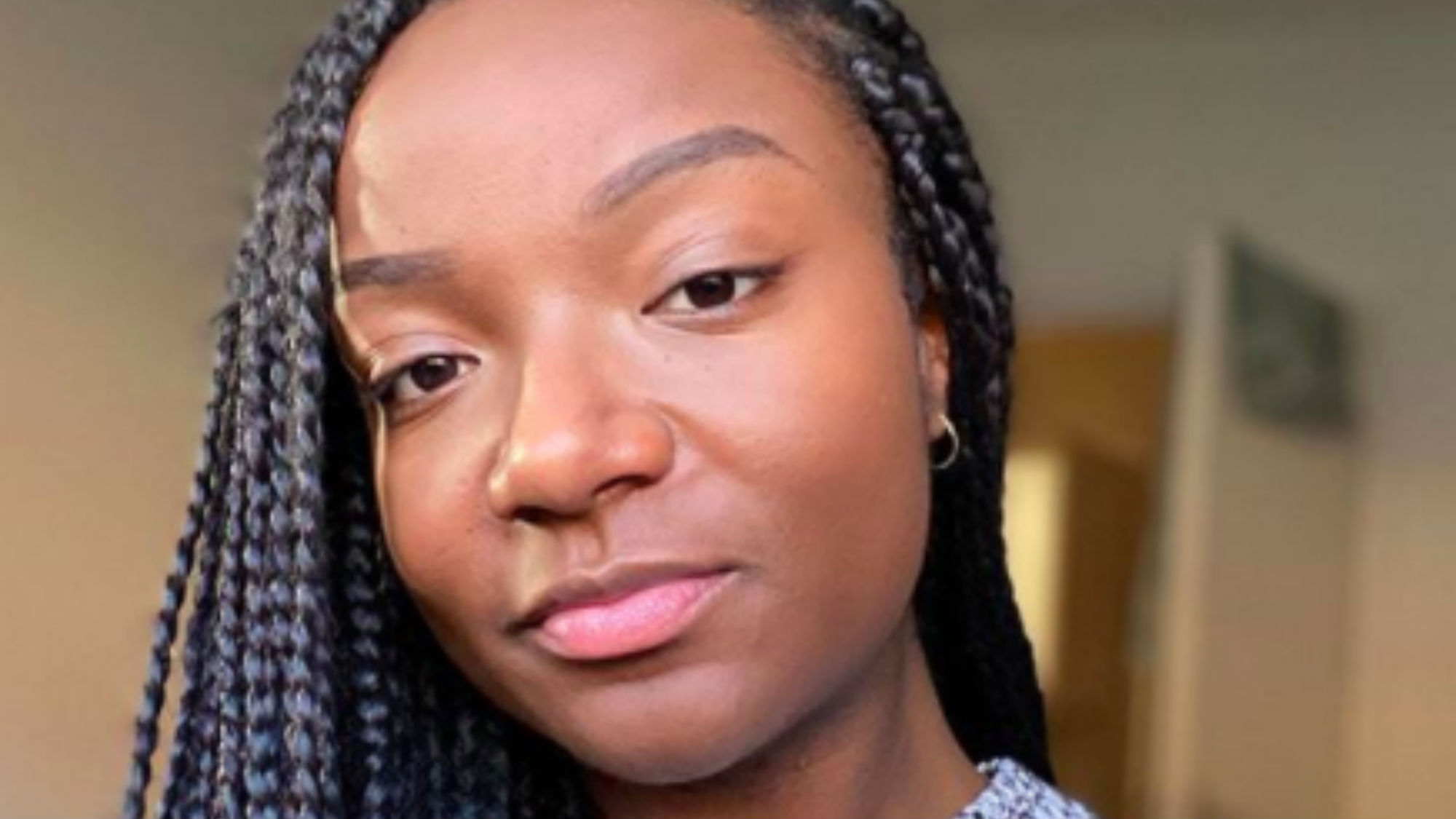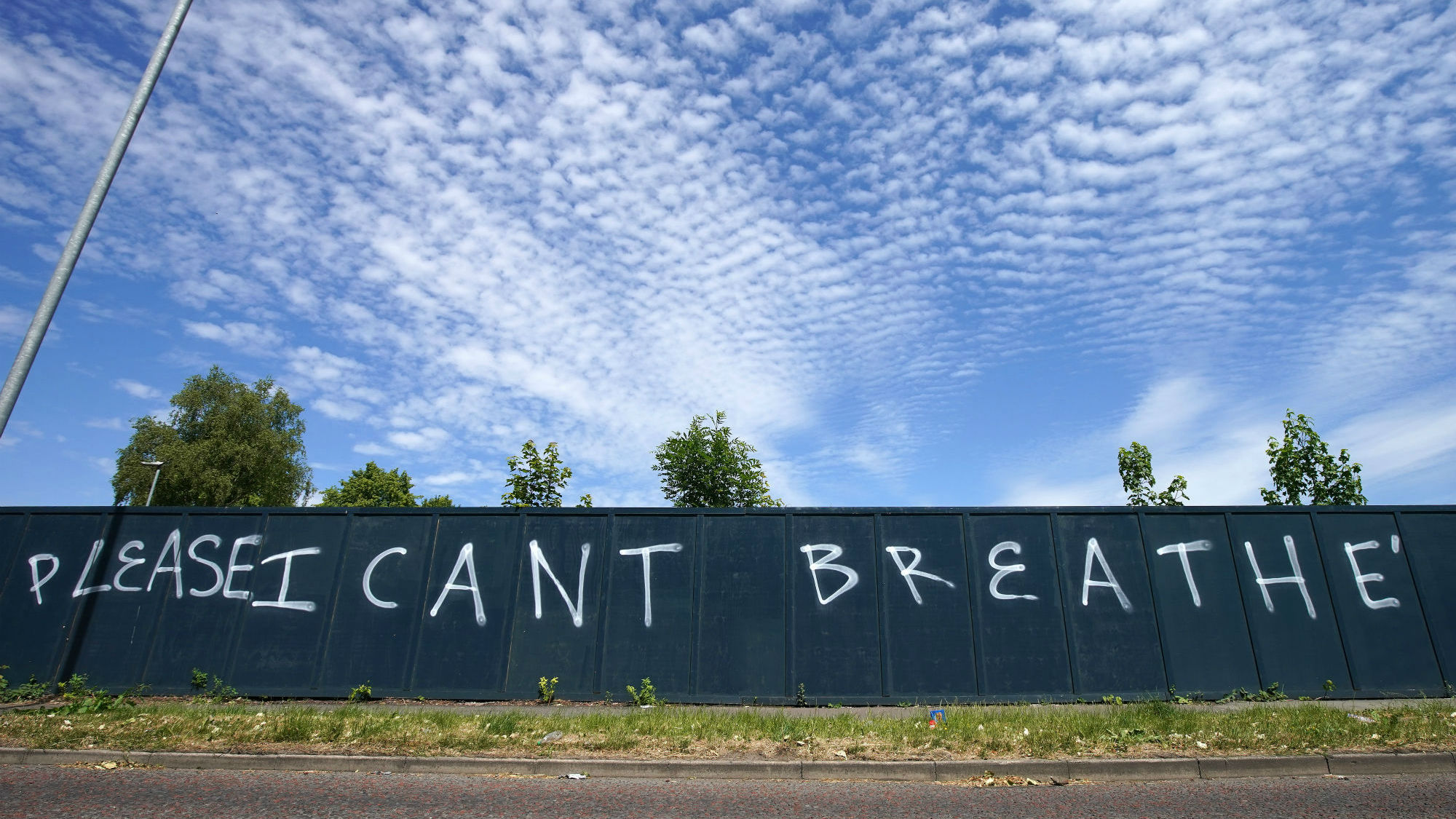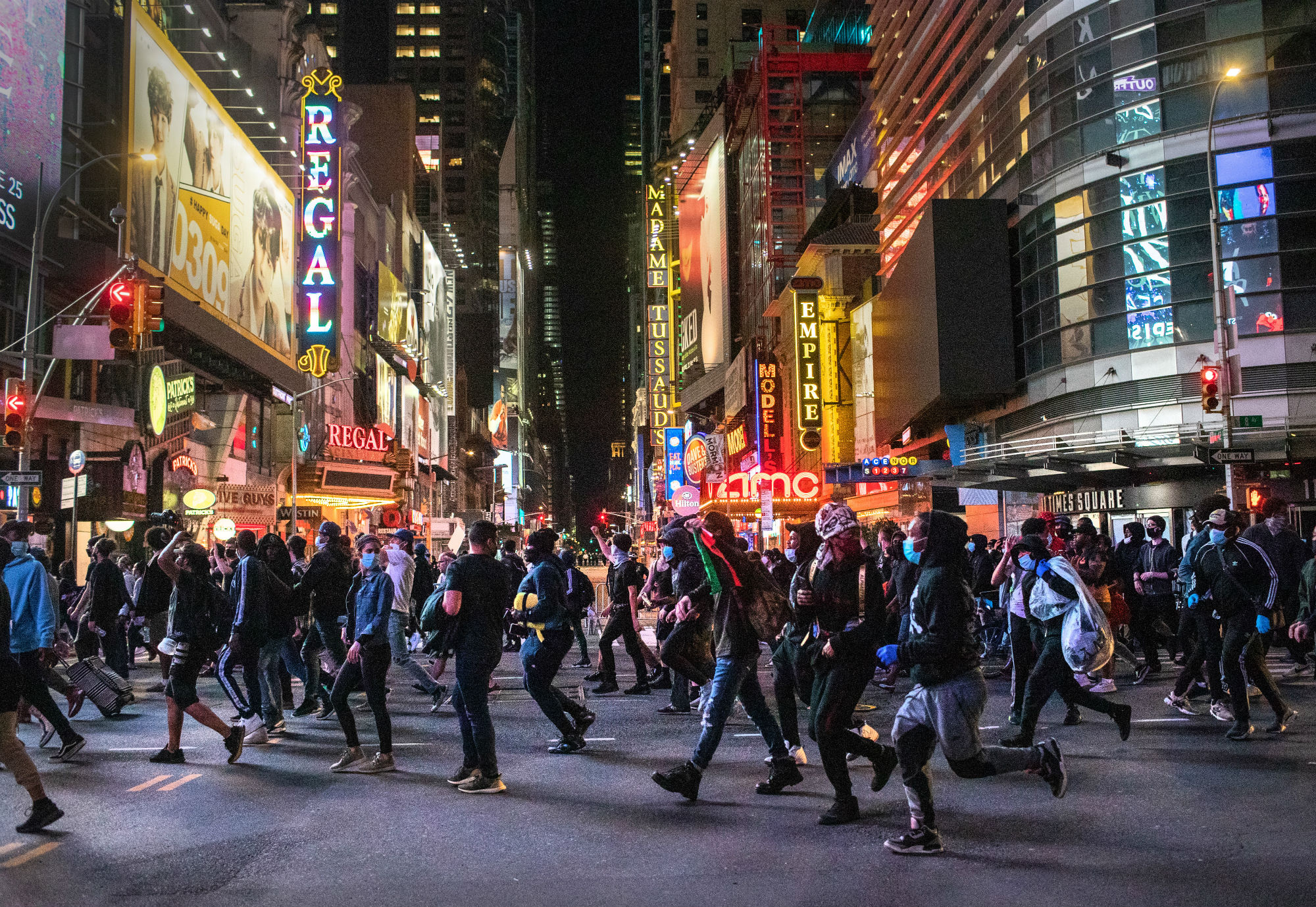'Black people need everyone, regardless of colour, to do better'
Following George Floyd's killing, Hanna Davis, a 28-year-old TV producer, says she's lived her life seeing black people treated with less value than white people

Following George Floyd's killing, Hanna Davis, a 28-year-old TV producer, says she's lived her life seeing black people treated with less value than white people
On May 25, 46-year-old black man George Floyd lost his life at the hands of white police officer Derek Chauvin, following an arrest over an accusation of him buying cigarettes with a counterfeit dollar bill. In footage filmed by witnesses, four officers attended the scene, but it was Chauvin who pinned Floyd to the ground - with his knee on his neck - for eight minutes and 46 seconds. Clearly in pain, Floyd's last words were 'Mama', and 'I can't breathe'. He was pronounced dead on his arrival to hospital.
Police brutality happens on a daily basis to humans across the world with black skin - it’s just this one was caught on camera, and this one was a killing. We don’t talk about the men and women who nearly died, or were wounded, paralysed, mentally destroyed or terrorised at the hands of a violent, predominately white police force.
I watched the 10-minute video leading to Floyd's death in its entirety and I cried. Actually, I balled, and I’ve cried daily since. But the tears aren’t caused by shock or by disbelief, the tears are caused by exhaustion. How many times is it possible in one lifetime to see a black body be treated with less value than a white one? And why do we need to see black bodies treated that way for the world to take notice?

I think of my nephew, my brother, my uncles and all the black people in my life who I love so much and who could have and still could be subjected to this torment, because let's face reality, the UK is not entirely innocent when it comes to racism.
Police brutality
The protests across America are necessary. Athletes silently protested against the country oppressing black people by kneeling during the US national anthem at football games, and that wasn't deemed OK. Artists politicised their music and celebrated black culture, and that wasn't deemed OK. Black people have marched calmly, countless times, following unnecessary deaths - and that wasn't deemed OK.
Violent protests are a statement I wouldn’t usually condone, but right now I refuse to condemn. I get it, I get the anger. Law enforcement officers are violent to my people and so it’s only reasonable that we answer the establishment in the only language they seem to understand.
Celebrity news, beauty, fashion advice, and fascinating features, delivered straight to your inbox!

Racial divide
As for Trump - we need to ignore anything he says regarding George Floyd's death. Throughout his presidency Trump has repeatedly stoked racial divide and proved he is not fit for office, so how can we deem him capable to supply any suitable political commentary, especially on something as important as this?
My experience as a black woman has meant that I always Google ‘racism in...’ when booking my next holiday. It’s so natural and ingrained into my psyche, it actually took me years to realise that of course, this isn’t a normal thing to do. The history and current political climate of a country will decide for me whether I’m going to spend my money and my time there. I would never go to Russia, Poland, China or Australia because of how they treat their black residents - or in Australia’s case, indigenous people. America with Trump in office is a no-go zone too.
I was so fortunate to grow up in a working-class multicultural area in Birmingham. I grew up with white, mainly Irish, Asian and black friends up until I went to university. We all saw colour and understood the difference in our cultures and it was amazing – I’m a better, more well-rounded person because of it.
Minority voice
That has certainly helped me in my career, where I’m often the only black person in the room. My mother is so proud of being Jamaican and Ghanaian and from her I also understood what it meant to enjoy being British as well. So when I’m in meeting rooms with a group of predominantly middle-class white people who are trying to work out how to market to a multicultural society, my voice is sometimes the only voice of experience. The biggest shame is that there isn’t more.
But microaggressions are a common occurrence in the UK workplace. I was once told by a colleague I was hired because I made the team ‘cool’, and it’s been mentioned to me a few times that I’ve been awarded certain accolades or that I’d escaped redundancies because I’m black and a woman. It’s often been assumed that I have my job due to a diversity scheme rather than interviewing and being hired based on merit. The people that assumed this couldn’t fathom that a working class, black woman from a single-parent household in inner-city Birmingham could actually be smarter than they are, better at their job than they are and could warrant more respect than they do despite not having the privileges, financial backing, access to private education and access to the social circles that they have.
I’ve been in a relationship with my boyfriend, who is white, for five years. Over this period of time he has felt more emboldened to speak out and address any borderline racist comments that those around him make because of our relationship. There have been frank and sometimes awkward conversations we've had, which have helped us both develop and grow into better people. I’m happy that being with me has encouraged him to think outside of a white-male lens.
Be a better advocate
Since the killing, a female white friend asked me how she – and the white community – can be allies and better advocates for black people. I replied, ‘Firstly, try not to ask us that question,' because I don’t have a PGCE, I am not a teacher. I said, ‘Ask yourself as a woman - if you saw the video of a white woman being treated the same way George Floyd was, would you just ignore it and continue to post your daily activity on social media?’ I highly doubt it.
In 2017, when we took to social media to voice our feelings on #MeToo – the movement against sexual harassment and sexual abuse committed by powerful and/or prominent men – my friend expected everyone to feel outrage, because these crimes weren’t just about women, they were about violence, inequality and basic human decency. Is this situation any different?
Your black friends are dealing with a lot of grief right now and we don’t have the emotional headspace to answer how you can help. We already have the burden of proving that Black Lives Matter to some white people who instead of understanding, would rather retort, 'All Lives Matter'. So it’s up to all of us, regardless of colour, to educate ourselves, challenge our subconscious tendencies, speak openly and candidly to our friends, read widely and do better.
Donating and educating yourself through reading are two meaningful and proactive ways to stand up to racism. Here are five links to get you started:
Black Lives Matter: secure.actblue.com
Stand Up To Racism: standuptoracism.org.uk
Join Campaign Zero: joincampaignzero.org
Support The Equal Justice Initiative: support.eji.org
The Bail Project: bailproject.org
And if you want to approach your black or non-white friends on the topic, tell them about the research you’ve done, suggest to them new places to donate, reassure them with how you’ve addressed the topic in white only spaces. Your shock, disbelief and offence isn’t helpful, we need you to mobilise yourself too.
The leading destination for fashion, beauty, shopping and finger-on-the-pulse views on the latest issues. Marie Claire's travel content helps you delight in discovering new destinations around the globe, offering a unique – and sometimes unchartered – travel experience. From new hotel openings to the destinations tipped to take over our travel calendars, this iconic name has it covered.